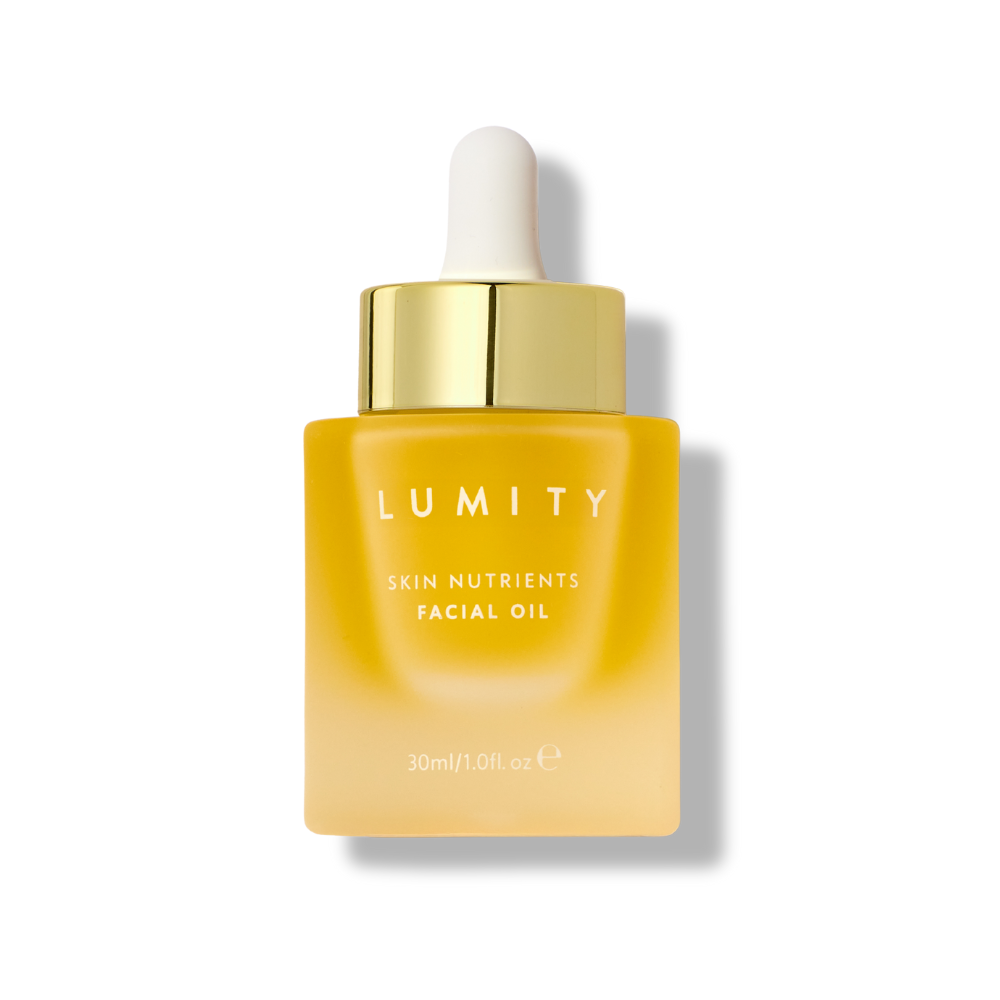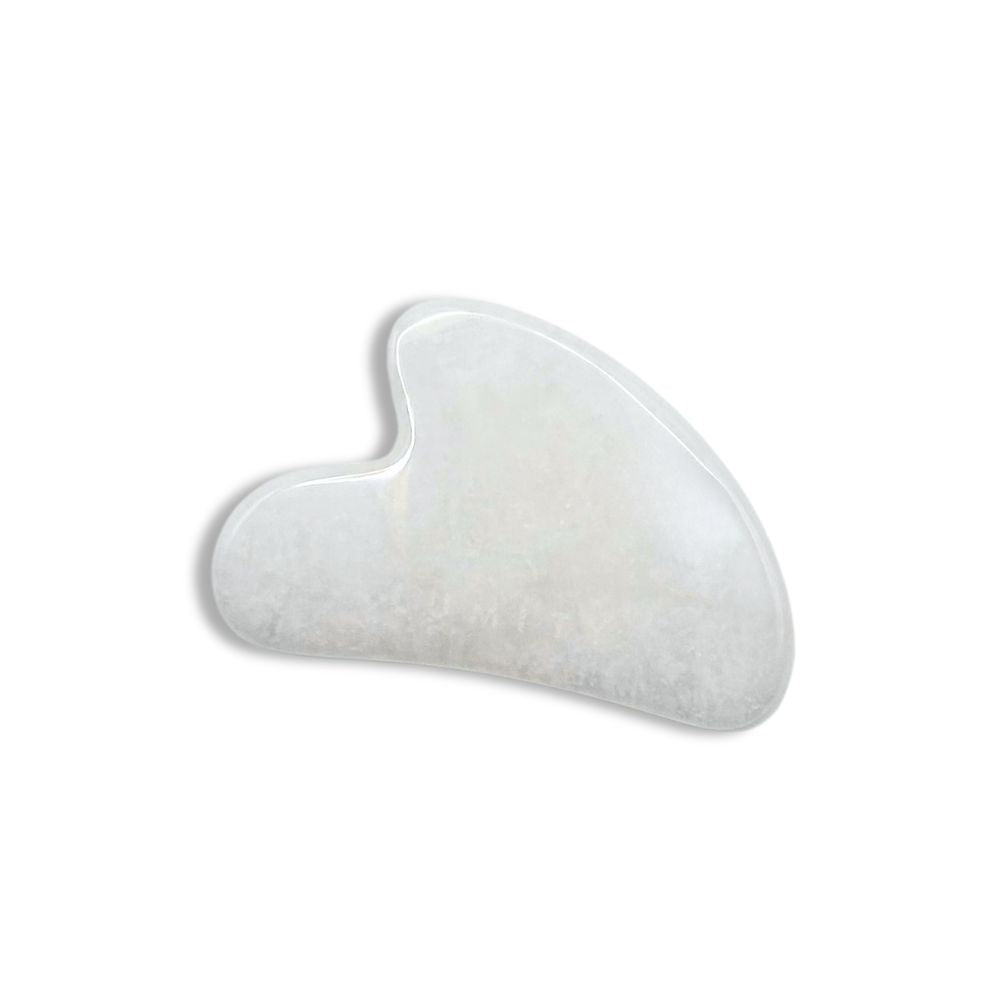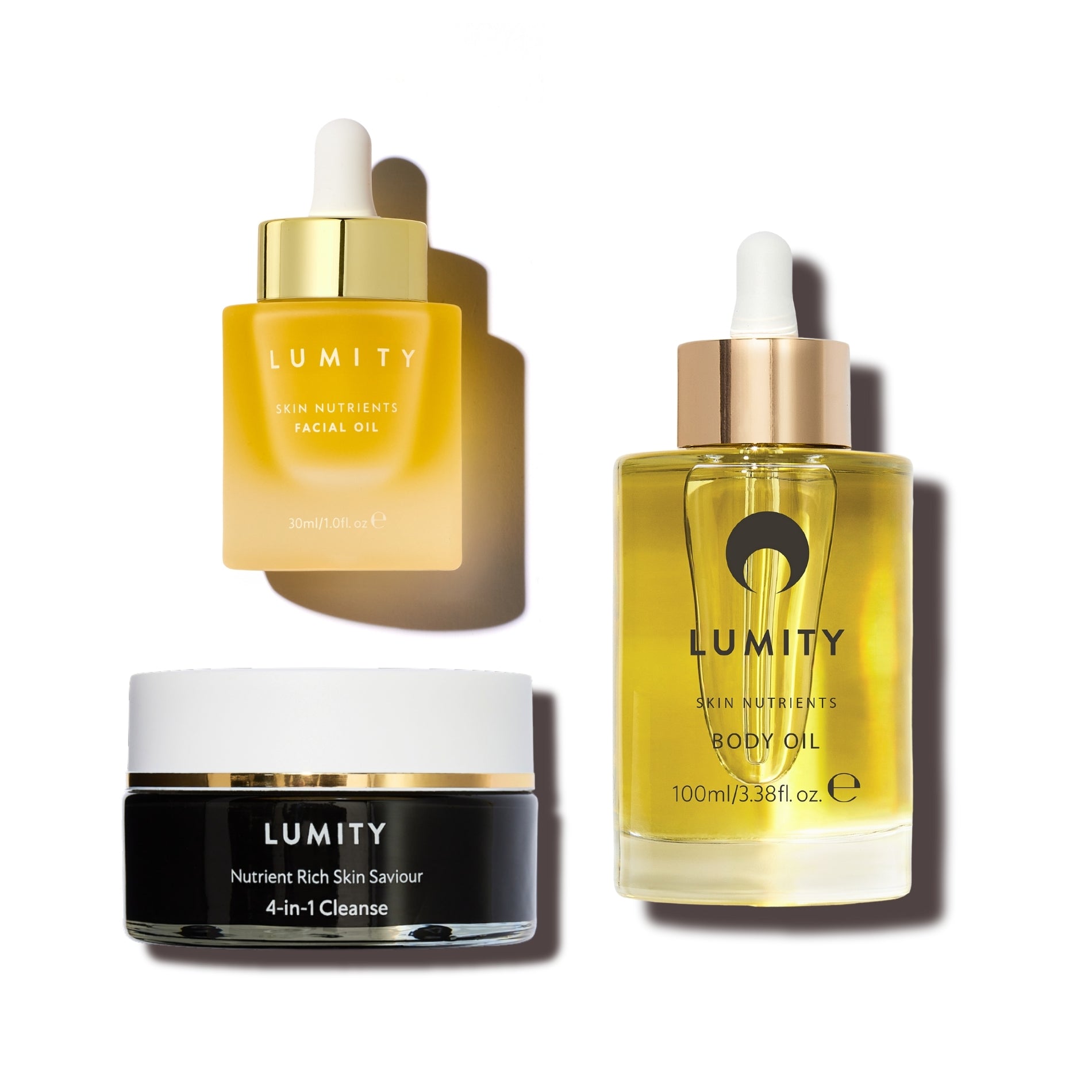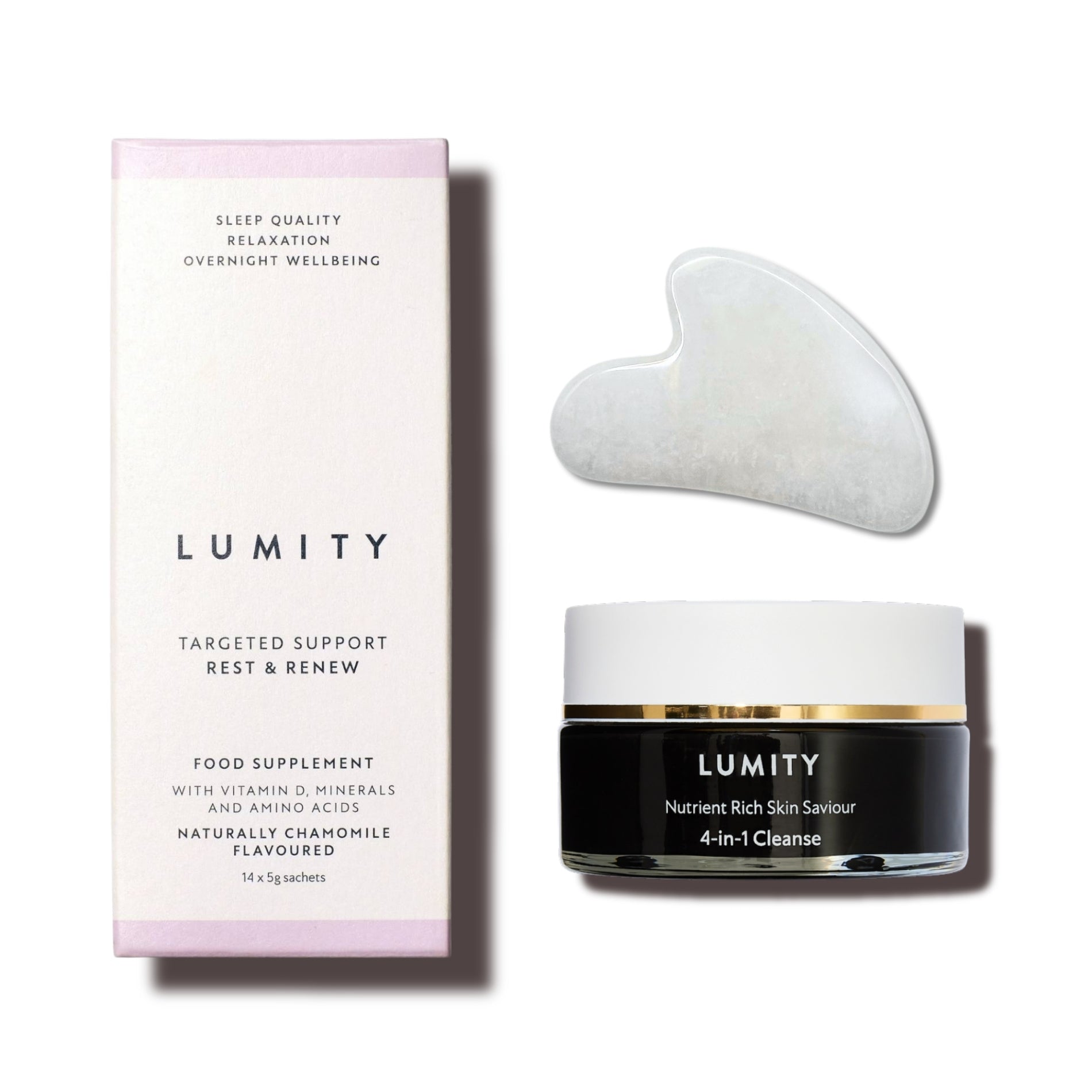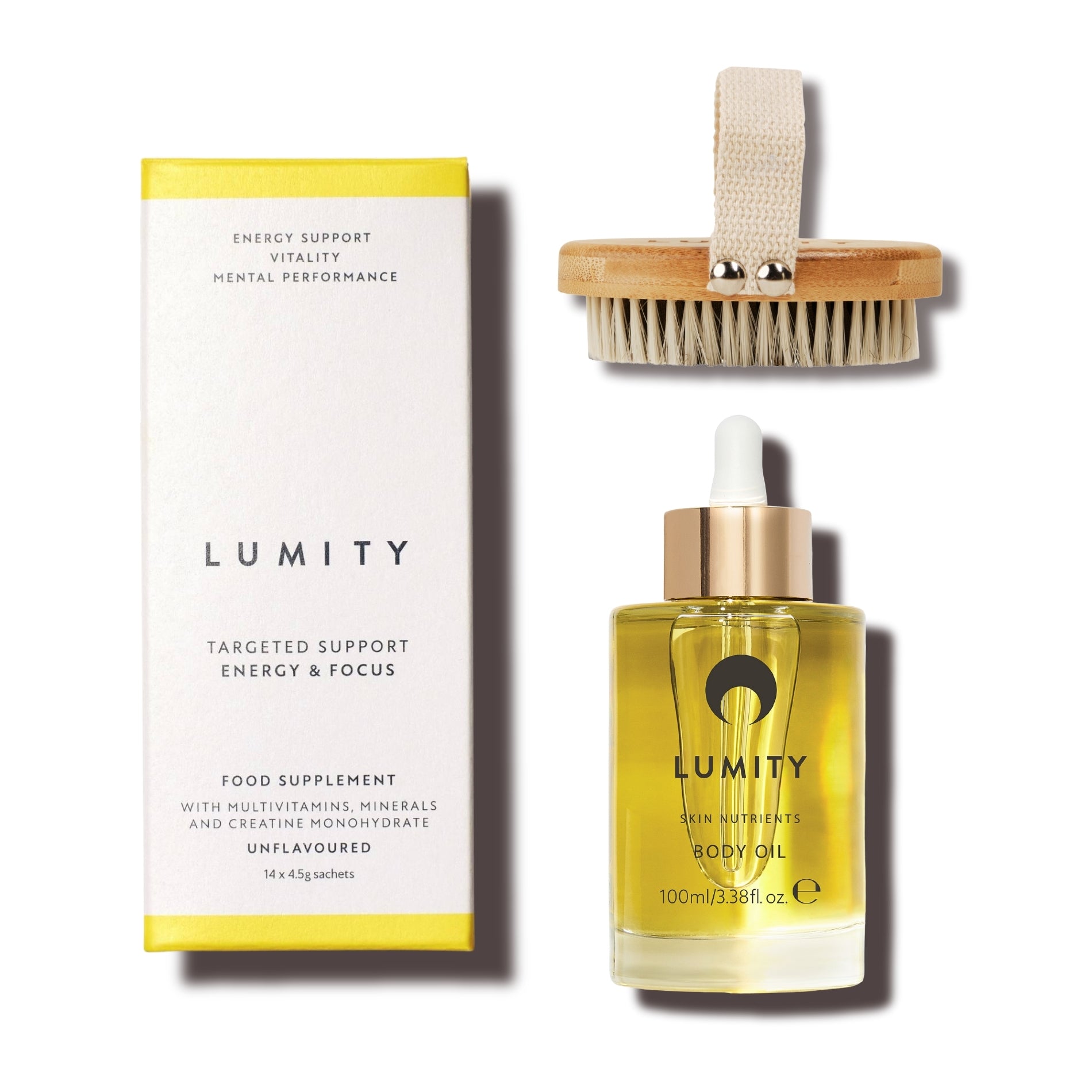9 Tips for Positive-Ageing

If you want to live a happy, healthy and long life thinking positively about your age is key! But if, like so many, you struggle to see the good in getting older you may need a little helping hand.
It can be easy to get bogged down with the negatives of nearing 50, 60, 70 or 80 when wrinkles and creaky knees become the hot topic of conversation, but we are now in a fresh new era when it’s out with anti-ageing and in with positive-ageing and once you start believing this it can be life-changing.
But how can you change your mindset if you’re stressing out over the ageing process? We’ve got some tips to put you on track with positive ageing.
What is positive ageing?
Positive ageing is having a positive approach to getting older. It’s the mindset of looking at the ageing process and seeing it as a normal, healthy part of life and one which should be enjoyed.
How can you embrace getting older?
1.Have a positive mindset
Sounds obvious but optimism makes positive ageing so much easier. Although going from a glass half empty to a glass half full type of person won’t happen overnight, making a conscious effort to see the good rather than the bad will make a monumental difference.
2. Be choosy
Add a bit of Marie Kondo to your life and ditch the stuff that doesn’t make you happy. You’re at an age when you can be selective. So, enjoy it! We’re not saying you never have to do anything you don’t want to again, but you can try to cut down on activities or people who don’t bring you joy. Whether it’s an unhealthy relationship or an activity you no longer get satisfaction from know that you have the wisdom and the power to pull the plug.
3. Learn gratitude
When you learn to be grateful for what you have rather than moaning about what you don’t have, you’ll start to see how lucky you are.
Instead of asking yourself; ‘Why can’t I lose weight?’, ‘How can I get rid of wrinkles?’ ask yourself what would you be grateful for in the day?
It could be as simple as the sun shining, the delicious lunch you ate or seeing your grandkids. Write it down for a gratitude list and make it a daily challenge. There’s so much more to life than your age.
4. Think before you speak
Not just thinking but speaking positively can have a big impact on your physical and mental health. Before you blurt out a negative reaction take a moment to breathe deeply and consider your words a little more carefully.
Your mental and physical health, plus your relationships and essentially your happiness can be hugely affected by the words that come out of your mouth.
5. Be sociable
As you age you may not find yourself thrust into as many social situations as you once were, especially if you’re retired. But that shouldn’t stop you from being sociable. You may just need to make the effort more. Strong relationships have been shown to be the cornerstone of longevity and happiness.
If you’re unsure of how to make friends in older age or you’re looking for ways to build a bigger social circle, consider joining a club where you’ll meet people with similar interests and where you have an instant talking point.
Volunteer work is a fantastic way to not only give back but to make friends too.
6. Spend time with people of all ages
There’s a reason people say the grandkids keep them young. Just because you’re 60 or 70 doesn’t mean you can’t enjoy spending time with people of all ages, especially children. Not only will they benefit from your wisdom you will get so much from that connection.
In fact, the benefits of intergenerational relationships are plentiful and include:
- reducing depression
- giving a sense of purpose
- reducing loneliness
- passing on knowledge
- retaining a sense of humour
- feeling more energised
- increased overall happiness
7. Keep learning
You are never too old to learn something new. Continued learning will boost your brain, keep you social and essentially keep you young. On top of that it’s fun. Find something you’ve always wanted to do, whether it’s learning a new language or an instrument and set about doing it.
By taking a class you build relationships and if you’re doing it from home, you’re still keeping your mind sharp and it gives you something to talk about with people too.
8. Give yourself a purpose
An empty nest and retirement can make you think ‘what now?’. You may feel you’ve lost your sense of identity and don’t really know where to go or what to do with the time on your hands. But it’s been shown that people with purpose live healthier, longer lives.
How do you go about finding a purpose? Volunteering is a great starting block. Think about what you’re good at, and what you have achieved in life. Consider how you want to help others and what skills you can bring to the table.
Formulate a purposeful plan and set about making it happen.
9. Remind yourself of the alternative
At the end of the day, ageing is a privilege, because what is the alternative? You cannot turn back the clock, so why waste your time worrying about it? Remind yourself there are many people who don’t get to see their 60s or 70s. So, don’t waste those years, do something with them, because life is about living.








